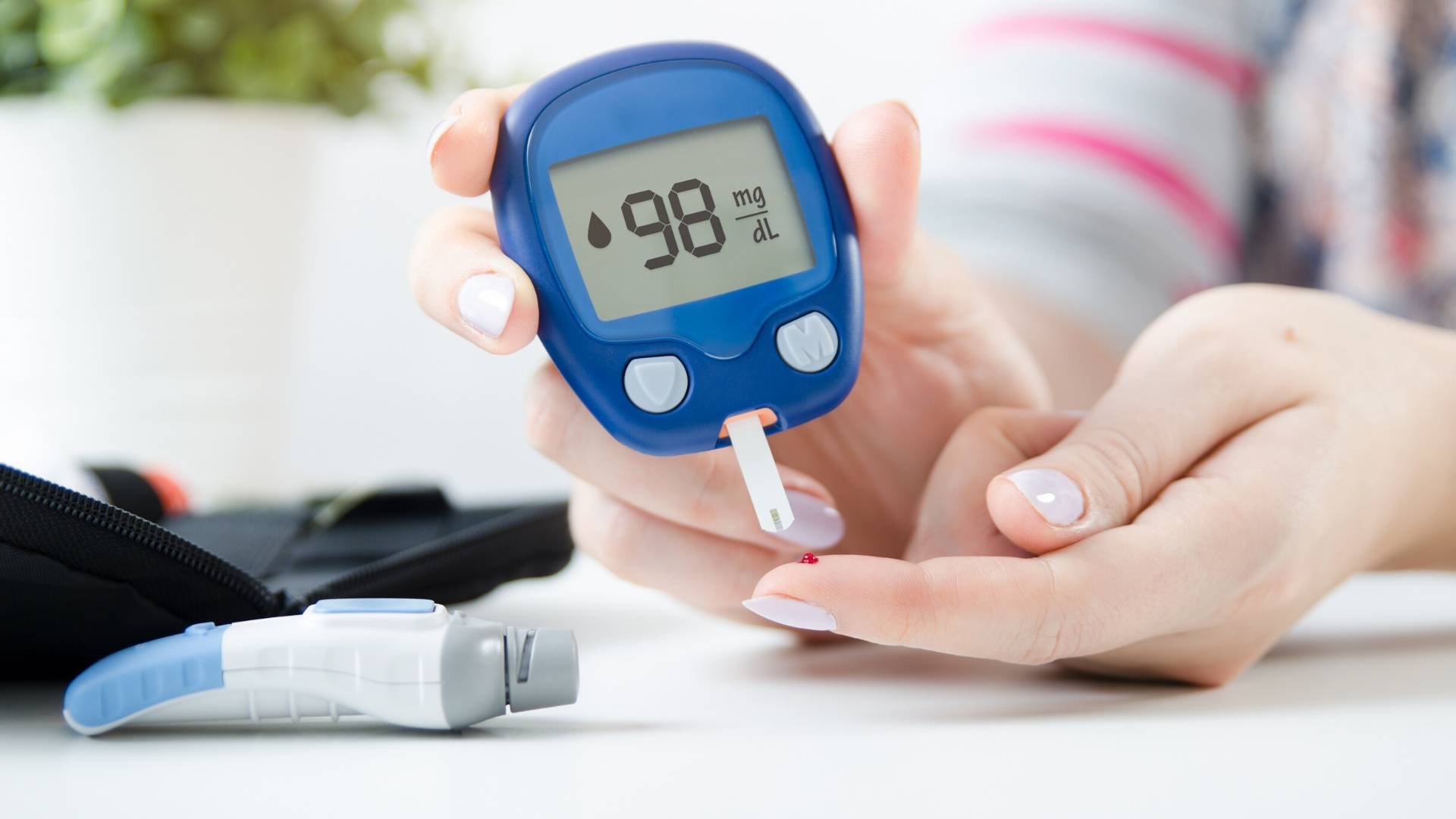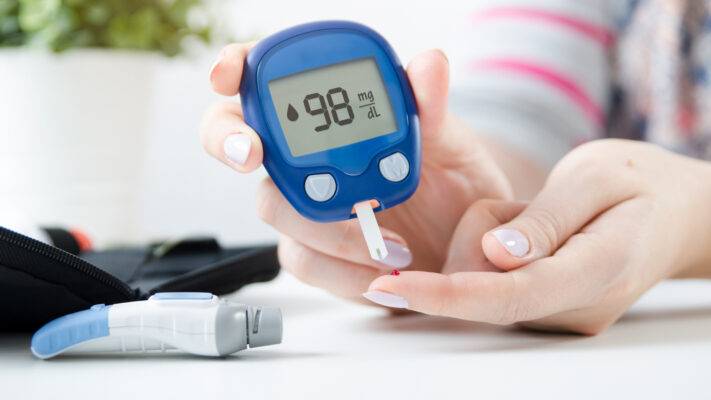
The Benefits of Diabetes Reversal: Why It’s Worth the Effort
The Benefits of Diabetes Reversal: Why It’s Worth the Effort

Reversing Diabetes: Unlocking Your Body’s Healing Potential
Type 2 diabetes is a chronic condition affecting millions worldwide, but it doesn’t have to be permanent. By addressing the root causes and making lifestyle changes, you can take meaningful steps toward reversing diabetes and regaining control of your health.
Reversing diabetes occurs when blood sugar levels are maintained within a healthy range without the need for insulin or other diabetic medications, leading to better A1C levels and overall wellness. While achieving remission is not a guaranteed outcome, the journey toward it brings numerous benefits for your physical and emotional well-being.
The Prevalence and Consequences of Diabetes
According to the WHO, global diabetes rates for adults have nearly doubled since 1980. Diabetes-related complications, including heart disease, stroke, kidney damage, and nerve damage, are among the leading causes of death worldwide. The condition also has far-reaching impacts on mental health, daily life, and financial stability, with worldwide healthcare costs reaching $760 billion in 2019.
To lessen the burden of diabetes on individuals and communities, we need a better approach—one that focuses on reversing the condition by addressing its root causes.
What is Diabetes Reversal?
Diabetes reversal happens when your blood sugar levels return to normal without relying on medications or insulin. This can be achieved through:
- Weight loss
- Dietary improvements
- Fixing underlying issues with a customized care plan
- Lifestyle changes, such as regular exercise and stress management
Reversal is not the same as a cure. It’s a state of remission, meaning you’ve regained control of your diabetes, but continued effort is needed to sustain your progress.
The Benefits of Diabetes Reversal
1. Improved Overall Health
Reversing diabetes reduces the risk of long-term complications like heart disease, stroke, kidney damage, and neuropathy. It also improves mental health, energy levels, and immune function, enabling you to live a healthier, more vibrant life.
2. Reduced Medication Use
Patients in remission often require fewer medications—or none at all—to maintain healthy blood sugar levels. This reduces dependency on drugs, minimizes side effects, and enhances overall well-being.
3. Weight Loss
Weight loss, particularly for those with type 2 diabetes, improves insulin sensitivity and blood sugar control. Beyond diabetes management, it alleviates joint pain, improves sleep, and lowers the risk of cardiovascular disease.
4. Increased Energy Levels
Better blood sugar control enhances your body’s ability to use glucose for energy. Combined with regular exercise, proper hydration, and adequate sleep, this leads to increased vitality and reduced fatigue.
5. Lower Healthcare Costs
Reversing diabetes saves money on medications, doctor visits, and treatments for diabetes-related complications. It also improves productivity and quality of life, reducing the emotional and financial toll of the disease.
Addressing the Root Causes
Reversing diabetes requires a comprehensive approach that tackles the underlying factors driving the condition:
- Mold Exposure: Mold can trigger inflammation and impair insulin sensitivity. Ensure your environment is mold-free to support better metabolic health.
- Thyroid Issues: Thyroid dysfunction affects glucose metabolism and insulin sensitivity. Balancing thyroid hormones can help regulate blood sugar levels.
- Chronic Inflammation: Long-term inflammation disrupts insulin signaling, fueling insulin resistance. Reducing inflammation through diet, exercise, and stress management is key.
- Liver Health: The liver plays a vital role in glucose regulation. Supporting liver function through a balanced diet and lifestyle changes can improve blood sugar control.
- Adrenal Function and Stress: Chronic stress raises cortisol, which disrupts insulin sensitivity. Stress management techniques like mindfulness and relaxation exercises help restore balance.
A customized care plan tailored to your unique needs is essential for addressing these factors and achieving lasting results.
Conclusion
Reversing diabetes is possible with the right approach. By addressing the root causes of the condition, making lifestyle adjustments, and following a personalized plan, you can improve your health, reduce medication dependence, and reclaim your vitality.
If you’re ready to take the first step toward reversing diabetes and living a healthier, more fulfilling life, visit my website to learn more or see if you qualify for a Free Consultation.
Watch My Free Diabetes Training Webinar: https://drjspages.com/webinar
Together, we can unlock your body’s healing potential and achieve the vibrant health you deserve.







This is something I am interested in. I was pre-diabetic. My numbers have escalated. So I want to be in reversal diabetes
Need to find the truth to this reversal & be able to prove this to my doctor!
Watch the webinar for the details of how to reverse diabetes
I am type II diabetic, recently taking insulin twice a say, 40 & 30. I have high blood pressure controlled with 4 different meds. Also have CKD stage 3B. Finally, being treated for prostrate cancer. I take 12 different meds. Would I be a good candidate for your treatment?
We would have to look into it
I am type II diabetic, recently taking insulin twice a say, 40 & 30. I have high blood pressure controlled with 4 different meds. Also have CKD stage 3B. Finally, being treated for prostrate cancer. I take 12 different meds. Would I be a good candidate for your treatment?
We would have to look at labs
I’m a dietetics think I’m type 1and I want to get it reverse.
Great idea! Diabetes is a serious disease
I am pre diabetic. At age 72. A1c is 6.2. I have been on a personal journey since March to reverse that. No meds but using mild exercising as I have scoliosis and a complete change in my diet. I have lowered my A1c to between 5.6 – 5.7 and lost 20 lbs. What else can I do to assure I stay on track to remission? I take no diabetic medications and want to keep it that way.